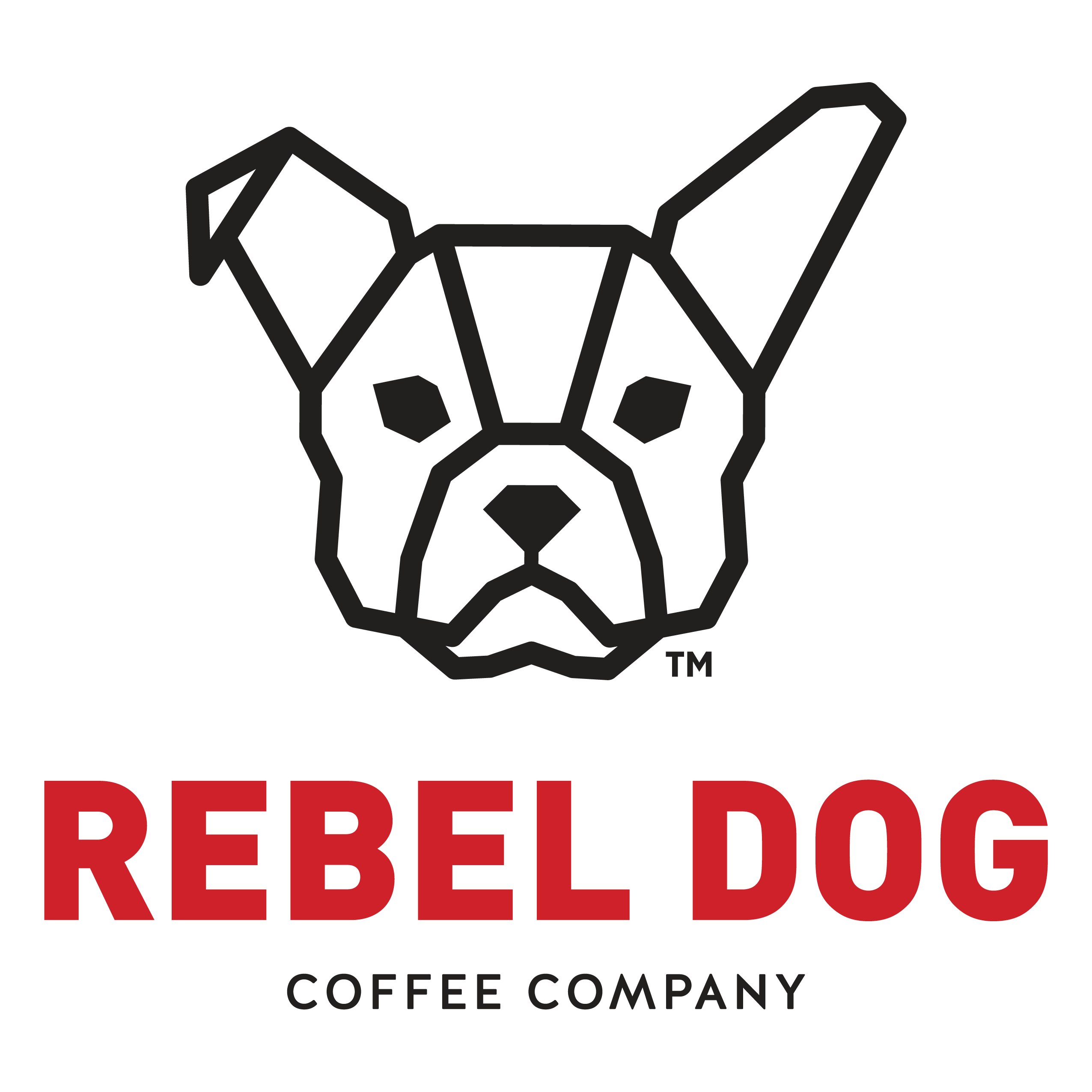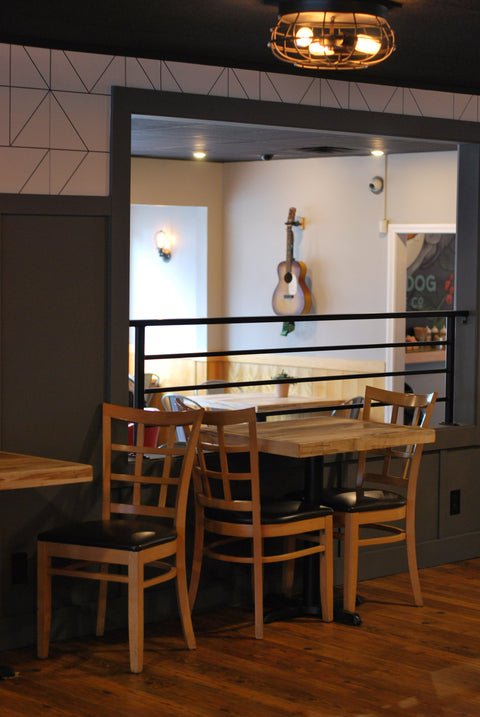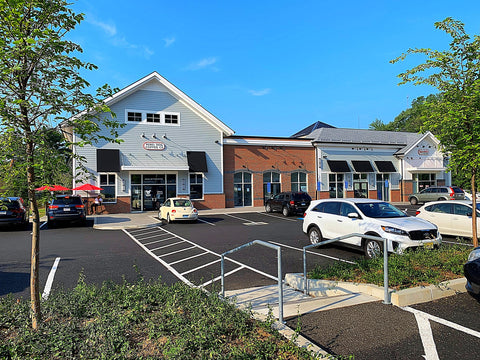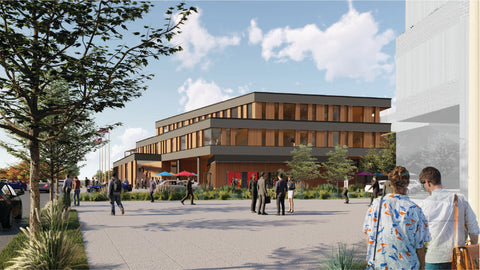What's in This Year's Holiday Blend?
Varieties: Castillo, Caturra, Colombia
Growing Altitude: 2,100 masl
Processing Method: Washed
Sourced from the elevated terrains of Buesaco Nariño in southern Colombia, this exquisite coffee is cultivated at over 2,000 meters above sea level on average. Buesaco's unique geographic and climatic conditions, characterized by volcanic soil and an average temperature of 18.6 °C, provide an optimal environment for producing coffee with distinct mild taste, high acidity, and sweet notes.
The region’s coffee cultivation heritage dates back to the 18th century, growing over time to become an integral part of the local cultural, economic, and social fabric. With its first international exposure in the early 20th century, Buesaco Nariño's coffee has since been celebrated in the specialty coffee segment worldwide for its unparalleled quality, cultivated in the unique environmental conditions of the region.
As with many coffee origins, it is believed that coffee was first brought to Colombia by priests, arriving, perhaps, within a decade or two after coffee first came to the Americas via the Caribbean in the first half of the 17th century. It was likely a garden crop grown for local consumption and barter for decades. Unlike other coffee regions, we have the story of a priest named Francisco Romero, who could be called the father of commercial coffee cultivation in Colombia. The folkloric tale goes that in the early 1800’s, Father Francisco, hearing confessions in the north eastern town of Salazar de la Palmas, assigned planting coffee to his parishioners as penance for their sins. The Archbishop of Colombia heard about this and ordered all priests to adopt the practice. Commercial production of coffee expanded quickly, moving into regions where the growing conditions were ideal.
Even though it’s been 4,000 years, the soil resulting from the last major eruption of Tolima is still considered “young soil,” filled with nutrients that are no longer found at the same levels in old soil. There is a long list of elements on offer in volcanic soil that are fading or absent in other soils, such as high levels of potassium and nitrogen. Also present is something called “Boron,” which arrived from outer space a long time ago, and is important to cell walls, the creation of enzymes, and the production of flowers and fruit, meaning Boron contributes to yield. Beyond the nutrients, the structure of volcanic soil is also beneficial to coffee growing. It can soak up and hold moisture while, at the same time, facilitate good drainage so water doesn’t pool, which is not good for coffee plant roots. Coffee plants like to take a drink, then take a break. Also, volcanic soils are usually found on an incline, which also helps with drainage.
Varieties: Various
Growing Altitude: 800-1,100 masl
Processing Method: Natural, Pulped Natural
This 84+ scoring coffee is the result of an effort of Brazilian QC professionals selecting the best-tasting coffees from a variety of producers throughout the country to showcase the best of Brazilian coffee while providing a consistent and reliable income for farmers.
The rattlesnake, known as Cascavel in Portuguese, gets a bad rap. Its reactive tendency to defend itself from all perceived threats makes it a frightening opponent. But it’s also essential to the coffee ecosystem. In addition to their beautiful markings, rattlesnakes eat rodents and other small animals. They keep these pests far away from coffee fields where they could wreak havoc by burrowing into coffee tree root systems or chewing through irrigation setups.
Cascavel Vermelha (Portuguese for red) has lots of red fruit and refined sweetness. This coffee has been selected based on its fruity profile. In most cases, Natural processing connotes such flavors; however, this coffee may have some Pulped Natural contributions as well. Natural lots will be dried on large patios under sun, while Pulped Natural will be pulped and then laid to dry on patios. In both cases, the coffee will be raked and turned regularly to ensure even drying and a clean cup profile.
Variety: Bourbon
Growing Altitude: 1600 - 1800 masl
Processing Method: Washed
Busasa Coffee Washing Station, established in the Gashoho area in 2014, operates with a dedicated team of 6 full-time members and up to 150 seasonal workers. The station features 151 African drying beds and sources from 1600 farmers in the surrounding hills. Notably, Busasa’s producers receive a 20% premium above the local market rate, while staff enjoys wages nearly 60% higher than the Burundi average. This commitment extends across Matraco’s portfolio, which includes two more washing stations in Northern Burundi. Matraco also supports local farmers by distributing composted coffee pulp as fertilizer and donating seedlings.
Matraco’s coffee journey began with a truck. Founder Zuberi Matsitsi got his start transporting coffee in trailer trucks, eventually amassing a fleet of over 10 trucks. In 2015, Matraco expanded into coffee production. Today, Matraco continues to transport coffee in their own trucks, ensuring close quality oversight in an area where transportation remains something of a challenge.








